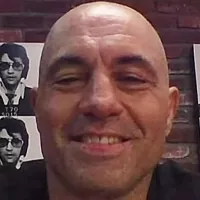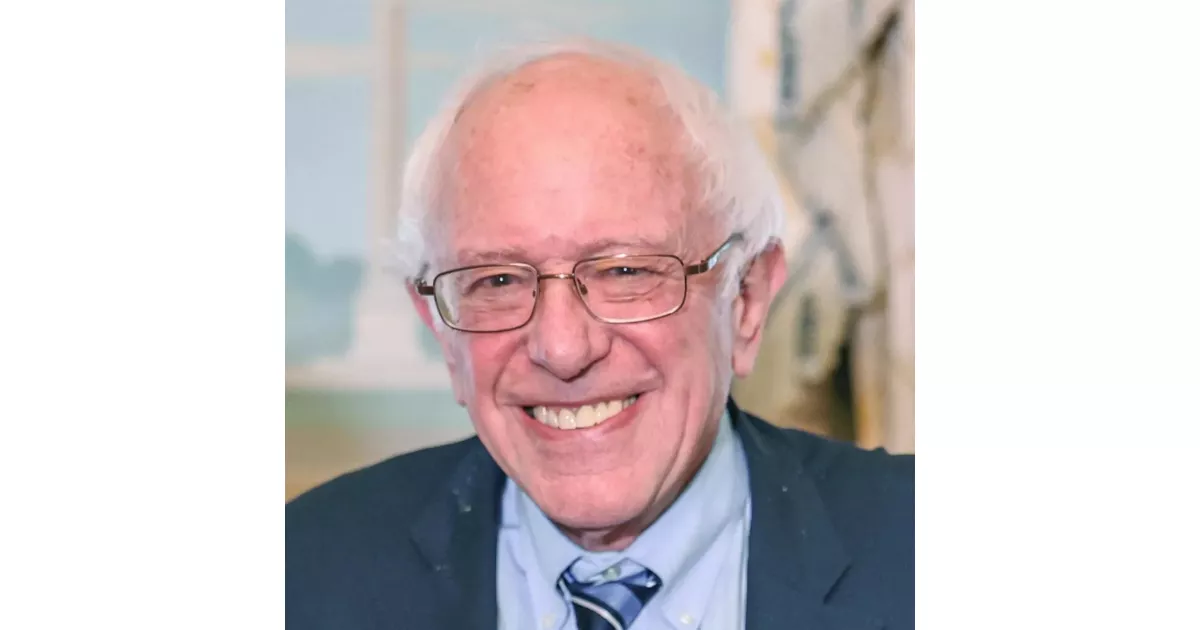Life is full of challenges, and Bernie Sanders faced many. Discover key struggles and how they were overcome.
Bernie Sanders is a prominent American politician currently serving as a U.S. Senator for Vermont since 2007. As the longest-serving independent in Congress, he closely aligns with the Democratic Party, having caucused with them throughout his career and twice campaigned for their presidential nomination. Sanders is a leading figure in the modern American progressive movement, advocating for policies such as universal healthcare, free college tuition, and a higher minimum wage. He is known for his populist rhetoric and criticism of economic inequality.
1981: Campaign against waterfront development plans
In 1981, Bernie Sanders campaigned against Burlington developer Tony Pomerleau's unpopular plans to convert the industrial waterfront into expensive condominiums, hotels, and offices. Running under the slogan "Burlington is not for sale," he successfully supported a plan that redeveloped the waterfront area into a mixed-use district with housing, parks, and public spaces.
1988: Runs for U.S. House seat, places second
In 1988, Bernie Sanders ran for the U.S. House seat representing Vermont's at-large congressional district as an independent and placed second with 38% of the vote.
1990: Benefitted from NRA opposition to Peter Smith
In 1990, Bernie Sanders' bid to become a US Representative benefitted from the National Rifle Association of America opposing the campaign of Peter Smith due to Smith's reversed stance on firearm restrictions and waiting periods for handgun purchases.
1994: Wins reelection by 3%
During the 1994 Republican Revolution, Bernie Sanders won reelection to the House of Representatives by 3%, securing 50% of the vote.
2011: Consideration of Primary Challenge
In 2011, Sanders suggested it was "a good idea" for someone to challenge Obama in the primaries.
2012: Consideration of Primary Challenge
During the 2012 Democratic presidential primaries, Sanders reportedly considered running against President Obama in the primaries.
May 2015: DNC announces debate schedule
In May 2015, the Democratic National Committee (DNC) announced a schedule of six debates, which drew criticism for its limited number of debates and timing, with some alleging it was designed to protect Hillary Clinton.
September 2015: NYT coverage of Sanders campaign criticized
In September 2015, The New York Times's ombudsman reviewed the paper's coverage of the Sanders campaign and found it "hasn't always taken it very seriously", noting a dismissive tone and less coverage compared to Trump's campaign.
December 2015: Report finds major networks favored Trump coverage
A December 2015 report revealed that major networks like CBS, NBC, and ABC devoted significantly more airtime to covering Trump than Sanders, despite their comparable polling results.
March 2016: Sanders speech not broadcast during Super Tuesday III
On March 15, 2016, during Super Tuesday III, major news outlets broadcast the speeches of Trump, Clinton, Rubio, and Cruz, but omitted Sanders's rally speech in Phoenix, despite it being larger than the others. Meanwhile, other media promoted the narrative that the contest between Sanders and Clinton was "heating up".
July 2016: DNC Emails Leaked
In July 2016 some of the Democratic National Committee (DNC) emails leaked to the public showed that the committee leadership had favored Clinton over him and had worked to help Clinton win the nomination.
July 2016: DNC emails leak, revealing favoritism towards Clinton
In July 2016, a leak of Democratic National Committee's emails showed DNC officials favoring Clinton over Sanders, with discussions about using Sanders's irreligious views as a campaign issue.
2016: Suggested reforms for the Democratic Party after Trump's victory
After Trump's victory in the 2016 elections, Bernie Sanders suggested the Democratic Party undergo a series of reforms and that it "break loose from its corporate establishment ties and, once again, become a grass-roots party of working people, the elderly and the poor."
2016: Expressed concern over Russian interference in US elections
In January 2018, Bernie Sanders voiced concern about Trump's failure to mention the finding that Russia had interfered in the 2016 election.
2017: Promised to defeat "Trump and Trumpism"
In 2017, Bernie Sanders promised to defeat "Trump and Trumpism and the Republican right-wing ideology".
January 2018: Criticized Trump in response to State of the Union Address
In January 2018, Bernie Sanders gave an online reply to Trump's State of the Union address, calling Trump "compulsively dishonest" and criticizing him for initiating "a looming immigration crisis" by ending the Deferred Action for Childhood Arrivals program.
February 2018: Mueller investigation concludes Russians aided Sanders
In February 2018, Robert Mueller's investigation found that Russians spread false information to help Sanders and Stein in the 2016 elections, a conclusion Sanders rejected. Sanders questioned the Clinton campaign's inaction on Russian interference.
January 6, 2021: Commented on the attack on the United States Capitol
On January 6, 2021, after Trump supporters attacked the United States Capitol, Bernie Sanders commented that Trump would "go down in history as the worst and most dangerous president in history."
2022: Called the midterm election consequential
Before the 2022 midterm election, Bernie Sanders said he regarded it as deciding the fate of democracy, abortion, and climate change, calling it "the most consequential midterm election" of modern US history.
November 2024: Joint Resolution of Disapproval Gains Support
In November 2024, Sanders introduced a Joint Resolution of Disapproval to block arms to Israel which garnered support from 18 senators.
2024: Released statement blaming the Democratic Party after Trump's reelection
After Trump's reelection in 2024, Bernie Sanders released a statement blaming the Democratic Party's abandonment of "working-class people" for its defeat.
February 2025: Began the "Fighting Oligarchy Tour" with Ocasio-Cortez
In February 2025, Bernie Sanders began the "Fighting Oligarchy Tour", in which he and Ocasio-Cortez held rallies criticizing Trump's policies and economic inequality.
April 2025: Criticized the Trump administration
In April 2025, Bernie Sanders criticized the administration, saying that it's moving “rapidly toward oligarchy”, he also called US a "pseudo-democracy".
April 2025: Joint Resolution of Disapproval Gains Support
In April 2025, Sanders introduced a Joint Resolution of Disapproval to block arms to Israel, which garnered support from 15 senators.
Mentioned in this timeline

Joe Rogan is an American podcaster UFC color commentator comedian...

Donald John Trump is an American politician media personality and...

Jesse Jackson is an American civil rights activist politician and...

Pope Francis served as the head of the Catholic Church...

Barack Obama the th U S President - was the...
Fox News Channel FNC is a conservative American news and...
Trending

44 minutes ago Spielberg's E.T. and Reese's Pieces, Free Movies in Cincinnati, Ohio film event.

44 minutes ago Tyler, the Creator critiques J. Press; designer Jack Carlson expresses thrill over discussion.
45 minutes ago NASA alters Artemis program roadmap, SpaceX Starship faces uncertainty for Artemis 3.

45 minutes ago Dame Helen Mirren's Beauty, Confidence Secrets Unveiled.

45 minutes ago Timothée Chalamet Attends 2026 Actor Awards with Mom; Kylie Jenner Absent.
2 hours ago Neemias Queta shines: NBA breakout with Celtics, representing Portugal with pride.
Popular

Jesse Jackson is an American civil rights activist politician and...

Hillary Diane Rodham Clinton is a prominent American politician lawyer...

XXXTentacion born Jahseh Dwayne Ricardo Onfroy was a controversial yet...

Kashyap Pramod Patel is an American lawyer who became the...

Jim Carrey is a Canadian-American actor and comedian celebrated for...

Michael Joseph Jackson the King of Pop was a highly...
